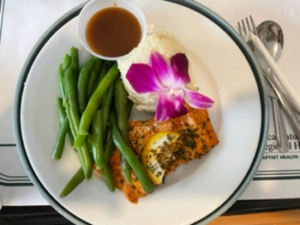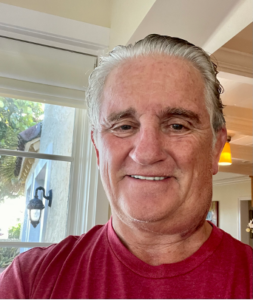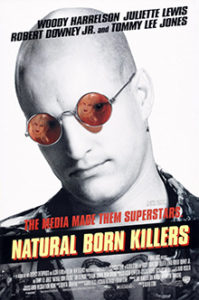All Fixed Up and Ready to Go!
Friday, September 16: My surgery was scheduled for 12:30 pm. At 9:15 am, K came back from her exercise class to say that there had been a scheduling mix-up. I was supposed to report for my surgery in 15 minutes! The hospital was 30 minutes from our house. As K raced through traffic, I was thinking about another time we rushed to the hospital, 42 years ago, when Number One Son was born.
K got us there at 9:35. I signed in and was rushed to the prep room, where I was hooked up to a heart monitor and an IV. Dr. B came by. So did Dr. Hope. Then the anesthesiologist. I don’t remember getting wheeled into the operating room.
Several hours later, I woke in a recovery room. It was 2:30 pm. Dr Hope was there with another vascular surgeon that had assisted him with my surgery. They were smiling. The operation went “really well,” Dr. Hope said. “And you really, really needed it,” the other one said.
I asked Dr. Hope if they had managed to scrape out all the plaque. “Not all of it, but we got plenty,” he said. “You should be in good shape now.”
I was very happy with that. Given the circumstances as I understood them – three eye strokes and two brain strokes caused by an artery that was 99% occluded – the result was as good as I could have hoped for. Unless something went awry, Dr. Hope said, I would be discharged the very next day.
I nodded off. When I next woke up, K was there. Energized by the outcome of the operation, we spent the next hour or two responding to text messages and phone calls from friends and family and reading emails and texts sent by readers from all over the world.
K left for a while, and I took a nap. When I woke, there was someone, another patient, in the bed next to mine, separated by a curtain. It was a man, an older man. Older, like yours truly. A doctor was with him. They were talking quietly.
Like me, he’d had a stroke. But his had been caused by internal bleeding, not a blockage. He must have lost a good deal of blood because he was being given a transfusion.
From his palaver with the nurses and aides after the doctor left, I learned that his name was Samuel, but he preferred to be called Sam. He was hard of hearing. And his memory wasn’t great. But his demeanor was cheerful, and he was polite. I decided that I liked him and wanted to help him get ready for what he was in for. I would give him the lay of the land.
“Sam!” I whispered.
Nothing.
I raised my voice. “Sam, can you hear me?”
Nothing.
Several times in the following hour, I called out to him. To be sure, he could hear me. I spoke up, but not so loudly as to attract the attention of the nurses. I don’t know why, but I didn’t want them to hear us talking. I felt conspiratorial. In my post-op mind fog, Sam was the faceless prisoner in the cell next to mine.
Eventually, K came back and stayed till visiting hours ended at 8:00. I was happy but exhausted and fell asleep as soon as she left the room. I slept through breakfast and woke when K arrived at 10:00. The charge nurse came in to say I’d be discharged after lunch. This was my last hospital meal:

I’m writing this on Monday morning. I have a six-inch scar on the side of my throat and a little swelling, which will abate soon enough. This is me, yesterday at breakfast:

But I’m feeling good. And lucky. And happy to be alive. I haven’t always felt that way. I’ve written about my bouts of depression and anxiety. I wrote about my down periods because I thought it would be helpful to some readers. And I’ve been told that it was. But it occurs to me now that I haven’t written much about my up periods.
When I’m feeling good, I feel like working. I want to continue to work for Agora, to help it regain its footing and grow. I want to continue to develop FunLimon and Rancho Santana and Paradise Palms. I want to continue with the art collection and build the museum. I may even finish a few of the books I’ve half-written.
I know that I’ll never be done with any of it. And I know that so long as I’m feeling good, I’ll be creating new projects and plans. But I’m not going to stress about any of them. I’m going to be intentional without emotional attachment. I’m going to get healthy. And stay healthy for as long as my body allows. I’m going to carve out more time for family and friends. And for K, if she’ll let me. I’m going to see my grandkids on a regular basis and close my laptop when someone enters the room.
So long as I’m feeling good, I’m going to keep working. But it’s going to be projects I care about, and it’s going to be one project, and one day, at a time.



